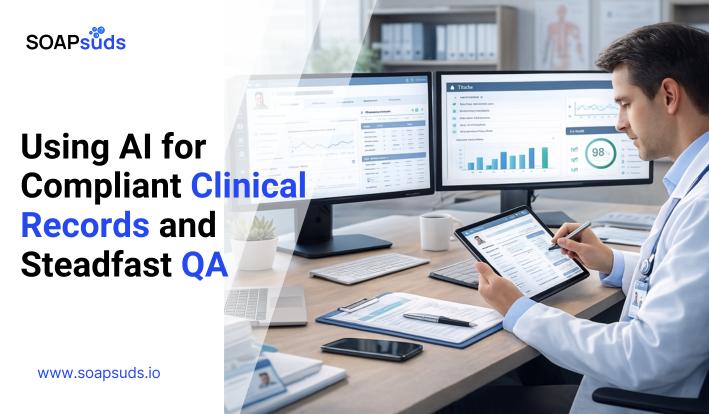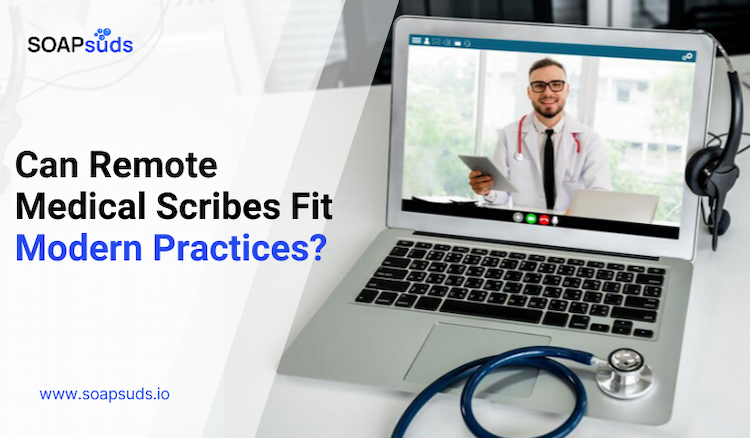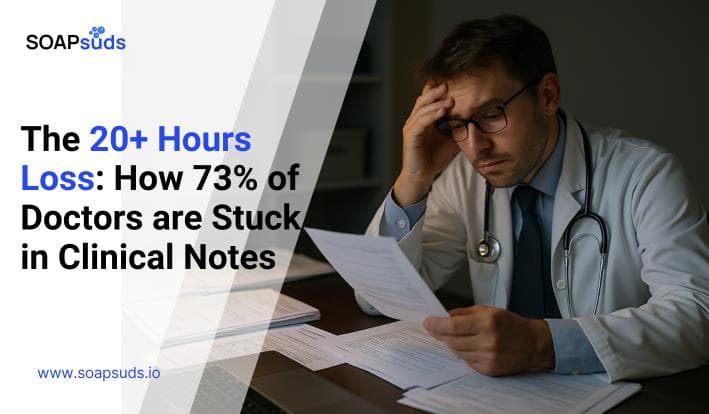Leveraging AI Medical Scribes to Generate SOAP Notes in 2025
SOAPsuds team
Published: 3/13/2025
SOAPsuds team
Published: 3/13/2025

Building a motivated healthcare team can be difficult. After all, working in healthcare is demanding

As a home health or hospice agency owner, you already know that clinical documentation
.png&w=750&q=75)
Documentation continues to take a large portion of a nurse’s shift, with research showing that

Medical scribes have been essential to the healthcare industry for years, supporting clinicians by accurately...

Delivering quality healthcare today depends on smooth EMR/EHR data sharing and connectivity among devices...

Doctors spend more than 20 hours a week handling documentation, leaving less time
Clinical Notes
SOAP notes
DAP notes
AI medical notes